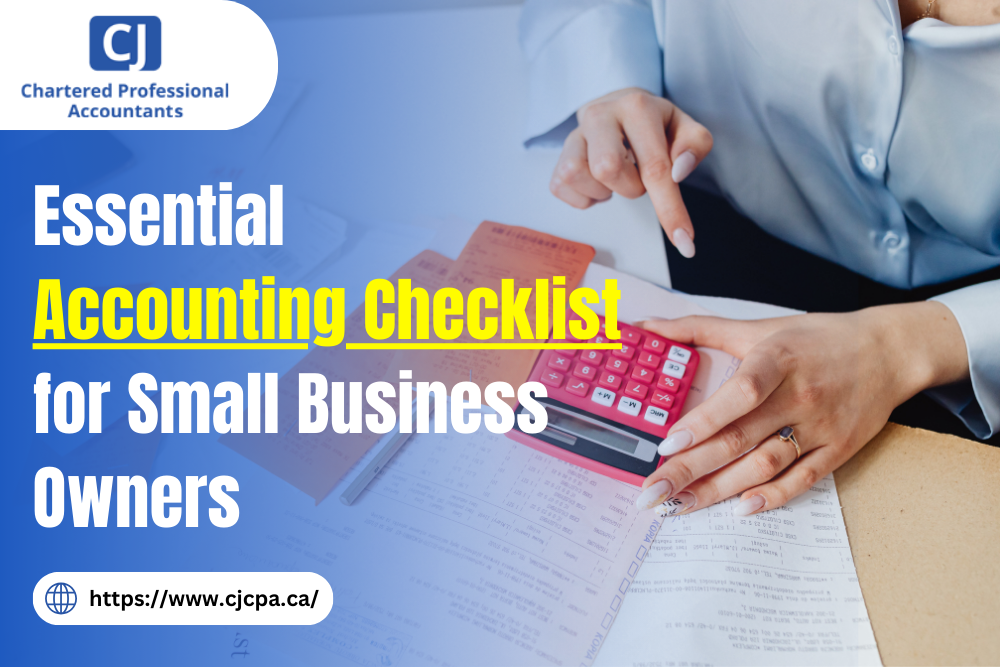7 Decisive Tips for Choosing the Right Business Accountant
Stay updated with current accounting standards, business compliance, tax preparation tips, and latest news.

13 Oct 2025
Finding the right business accountant isn’t just about managing numbers, it’s about building a partnership that drives long-term success. The accountant you choose plays a key role in shaping your business’s financial health, compliance and growth. Yet, many business owners underestimate this decision and end up facing issues like missed deductions, poor reporting or inefficient tax strategies.
This guide shares 7 decisive tips to help you choose the right accountant, someone who understands your goals, fits your business model and becomes a trusted financial partner for the long run.
TL;DR
So, what are the best tips for choosing the right business accountant? The best accountants are more than tax experts, they’re strategic advisors who understand your industry, communicate proactively and grow with your business. From verifying credentials and checking industry experience to evaluating technology, communication and trust, these seven tips will help you confidently select the accountant who brings long-term value and peace of mind.7 Decisive Tips for Choosing the Right Business Accountant
1. Define Your Business Needs
Before partnering with a team of business accountants, identify what kind of accounting help you need, tax filing, payroll, advisory or full-service accounting. Clarity here helps you find the right expertise and prevents overpaying for unnecessary services.2. Verify Credentials and Qualifications
Always check for professional certifications like CPA, CGA, CA or CMA. These credentials ensure the accountant is trained, qualified and compliant with financial regulations. Certified professionals also bring credibility and precision to complex areas like tax planning or audits.3. Check Industry Experience
Different industries have different accounting challenges. An accountant experienced in your sector understands specific expenses, tax laws and compliance needs. For example, a logistics company’s reporting requirements differ greatly from those of a hospitality business.4. Evaluate Communication and Advisory Approach
Your accountant should be a proactive communicator, not someone who only appears at year-end. Look for professionals who share insights regularly, explain financial reports clearly and help you make informed decisions. Transparent communication is key to a productive relationship.5. Understand Their Technology and Tools
Modern accountants use cloud-based software like QuickBooks, Xero or Zoho Books to deliver real-time financial updates. These tools make collaboration easier and improve accuracy. Ensure your accountant is comfortable with the latest technology that fits your business systems.6. Compare Fees vs. Value Offered
While it’s tempting to choose the cheapest option, focus on the long-term value instead. A skilled accountant can help you save significantly through better financial planning, risk management and tax optimization, often covering their own fees in the process.7. Assess Trust, Compatibility, and Long-Term Fit
You’ll be sharing sensitive financial information, so trust is essential. Choose someone who understands your vision, aligns with your values and makes you feel confident in every discussion. The right accountant becomes a long-term partner invested in your success.Benefits of Working with the Right Accountant for Your Business
Working with the right accountant goes far beyond accurate record-keeping, it’s about gaining financial clarity, stability and strategy. An experienced accountant helps you optimize taxes, manage cash flow and plan for sustainable growth. They also monitor compliance, reduce financial risks and provide strategic insights that improve decision-making. Ultimately, the right accountant gives you peace of mind, knowing your business finances are in expert hands.Mistakes to Avoid When Hiring an Accountant
- Choosing based only on price.
- Not checking credentials or references.
- Ignoring relevant industry experience.
- Failing to discuss communication style or expectations.


